The Agrarian Commons, Land Stewardship, and the Racist History of Land Conservation

As a land conservation organization, it is important for Agrarian Trust to grapple with the racist history of land conservation, and to imagine new models of land stewardship rooted in racial equity and active care for the land. The Agrarian Commons model is a clear step in this direction.
La Via Campesina
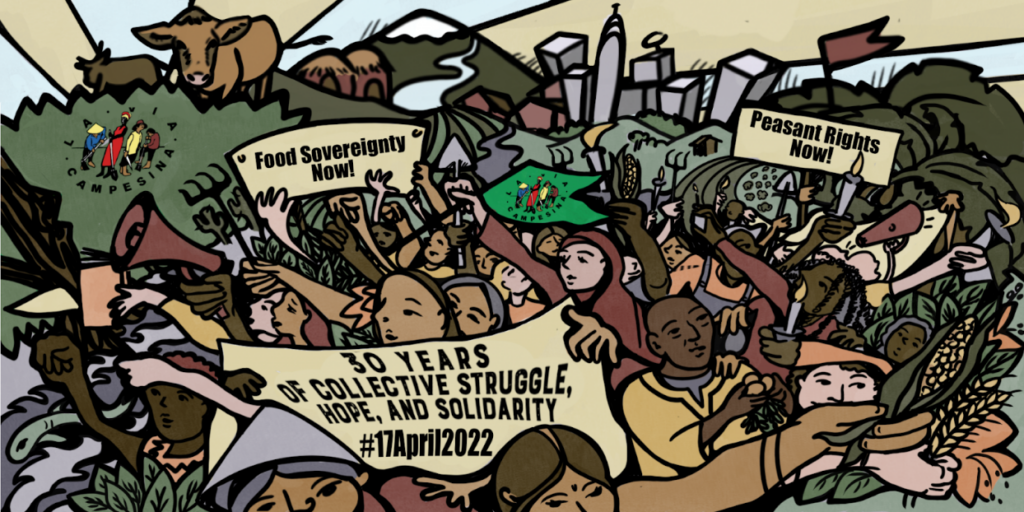
La Via Campesina coined the term food sovereignty in 1996, against the background of an increasingly globalized food system, which heavily favored large agribusinesses over small-scale farmers. The World Trade Organization (WTO) pressured countries to dismantle their local agricultural system, to lower prices, and become competitive on the global market. In order to drive labor costs down, farming became increasingly centralized, driving peasants and Indigenous people off their land at unprecedented rates. Aggressive copyright law and genetic engineering by large agribusinesses robbed peasants of their seeds, rendering them reliant on a volatile global market of pesticides and genetically modified organisms (GMOs). Cheap produce flooded local economies, destroying the livelihoods of farmers who were unable or unwilling to compete.
What can we learn from Deshee Farm? A Visual History
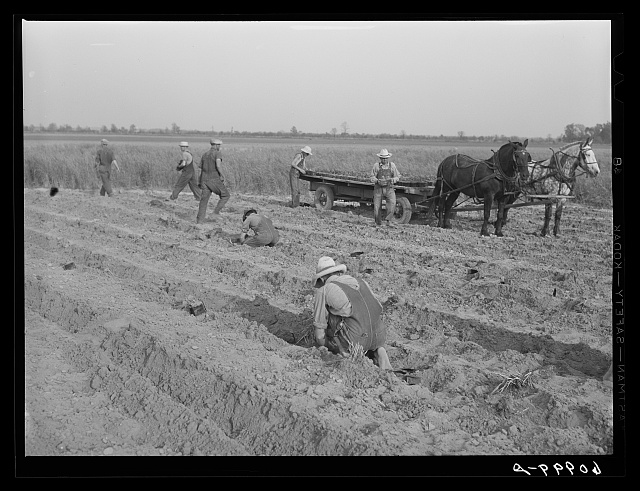
While farms like Deshee failed to take hold in the United States and had significant limitations, its story serves as a reminder that the privatized corporate farming that dominates U.S. agriculture was anything but inevitable. Grassroots organizing by tenant farmers played a key role in securing innovative, state-funded programming whose scale and vision matched the needs of the moment. Had there been more resources to fund similar efforts and more time and autonomy for the members of RA farms to develop the necessary institutions and cultural practices to effectively govern their shared resources, we might have been living in a different, more cooperatively focused world.
Oasis and Community in Petersburg, Virginia
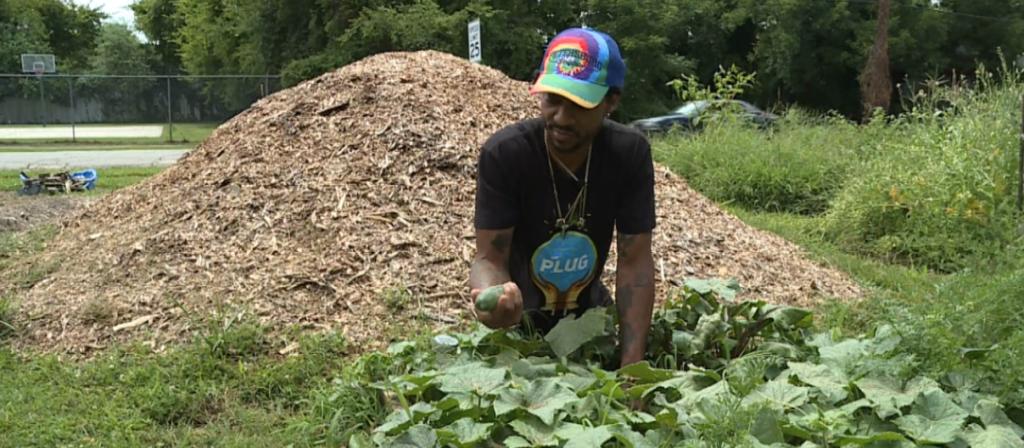
“What it means for our community… it means a sense of hope,” said Cherry. “It’s a light in a very dark time, not just for our city, but even for our country. And its potential for our youth, to know that something besides a place like Walmart exists here—that’s big. Something to be proud about, to say we have a community farm, something we’ve worked for—to have that kind of light in Petersburg.”
Juneteenth: A Celebration of Black Resistance

Using land as a pathway for growth and upward mobility has always been an American tradition, but was only afforded to Black people after Juneteenth. New generations are now benefiting from the long legacy and history of the Black farmer. Juneteenth is an excellent chance for our country to celebrate Black resistance, resilience, and land practices.
Cultivating Resiliency in Roanoke, Virginia
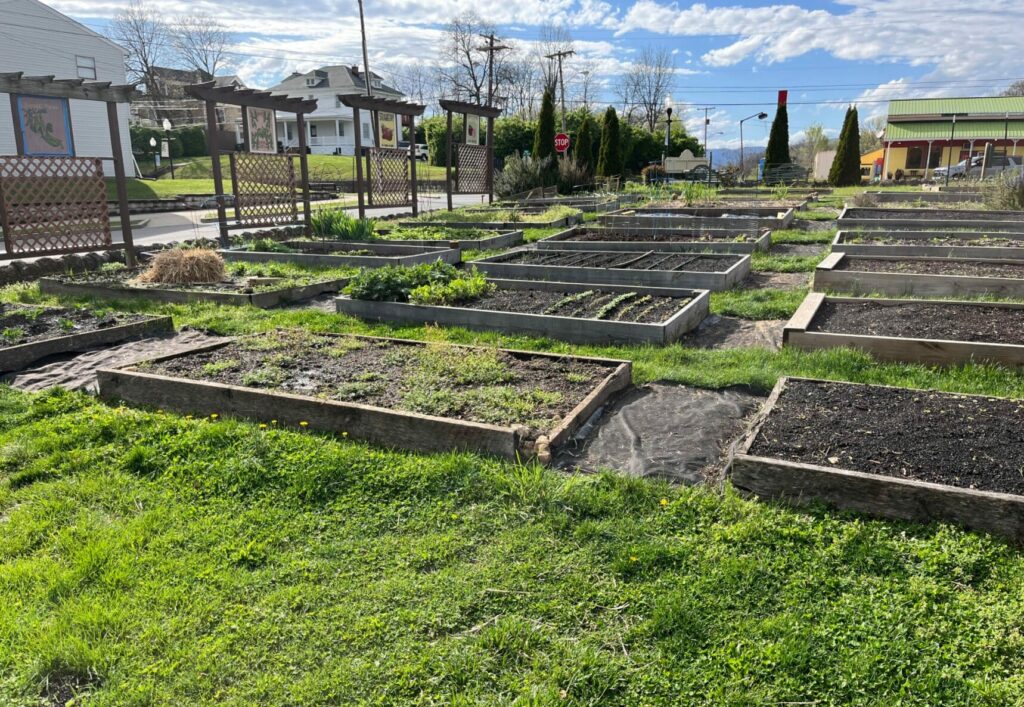
As a recipient of Roanoke City’s share of American Rescue Plan funding, LEAP is working to create a centralized food hub about a mile down the road from Lick Run Farm farm, where Cam plans to take his vision for growing food and building community to the next level. Once the funds are raised, the land will become the founding farm for the Southwest Virginia Agrarian Commons: a space where Cam can build soil, host workshops, and raise vegetables to be sold on-site as well as through LEAP’s new food hub.
Equity & Justice Research Grant
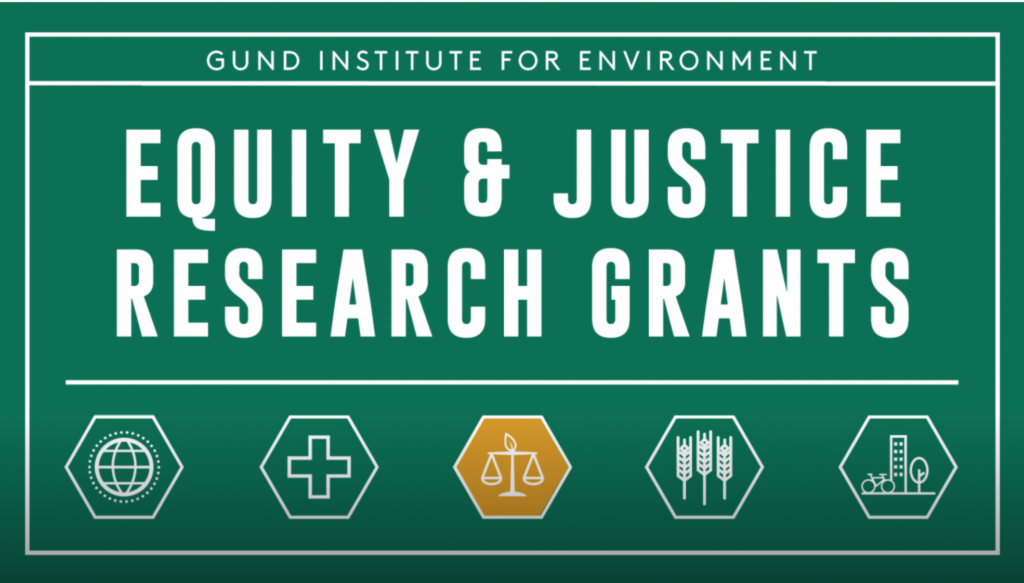
The Gund Institute for Environment, based out of the University of Vermont (UVM), recently announced their inaugural Equity and Justice research grant, which supports projects that aim to address inequities and injustices underlying environmental crises. I was honored to receive one of these grants to support my collaboration with Agrarian Trust exploring how creative approaches improve equitable farmland access and sustainable on-farm practices. To date, land access policy initiatives in the United States have focused exclusively on expanding private property ownership. Recent research, however, indicates that such efforts may not fully address the systemic and structural barriers to equitable farmland access.
The International Land Coalition Commits to New Strategy Centered on Restoring Land Rights to Dispossessed Communities
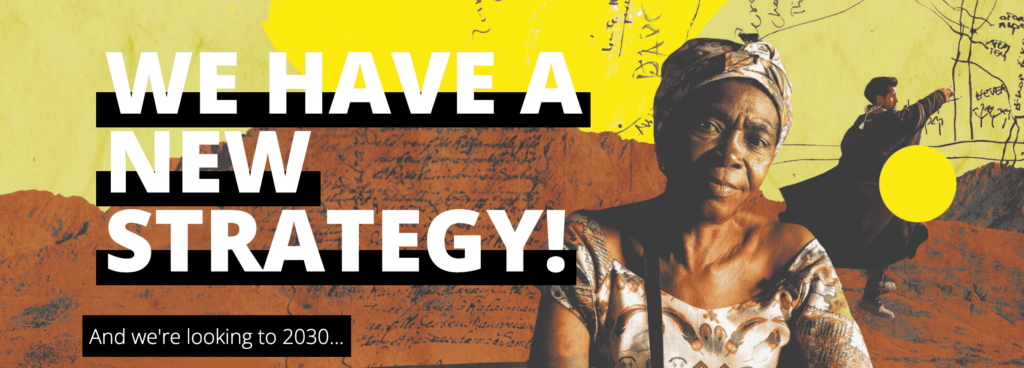
The International Land Coalition has released a new strategy that centers on securing land rights for “women, youth, family and peasant farmers, indigenous peoples, pastoralists, forest dwellers, fisher folk, afro‑descendants and local communities.” The Agrarian Trust is a member of the International Land Coalition (ILC), a global coalition of over 300 members dedicated to the advancement of people-centered land governance.
Redlining’s Legacy: Disinvestment in Black Communities in Virginia
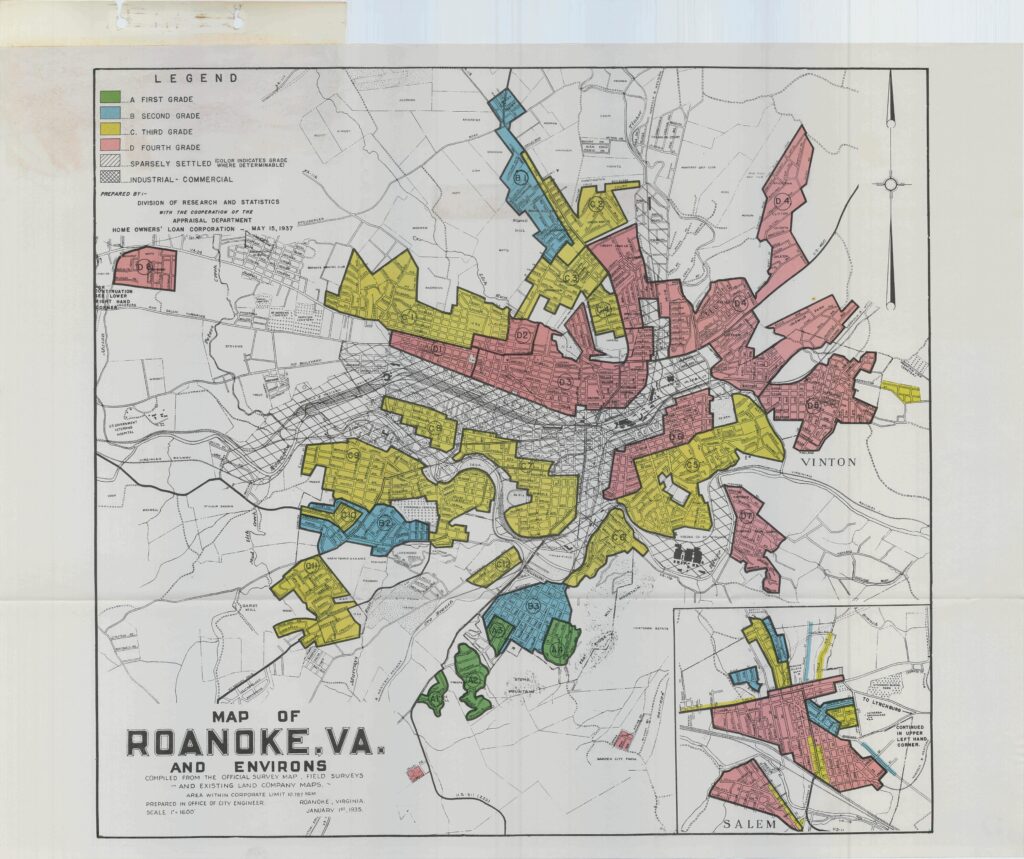
Redlining was a red mark against these robust neighborhoods, meaning that they could not connect to federal funding for home loans. Race was the defining factor in redlining and prevented these communities from gaining full access to the federal support that was needed and that they paid into through the federal tax system.
Defending Workers and Supporting the Commons: A Q&A with Sam Petsonk
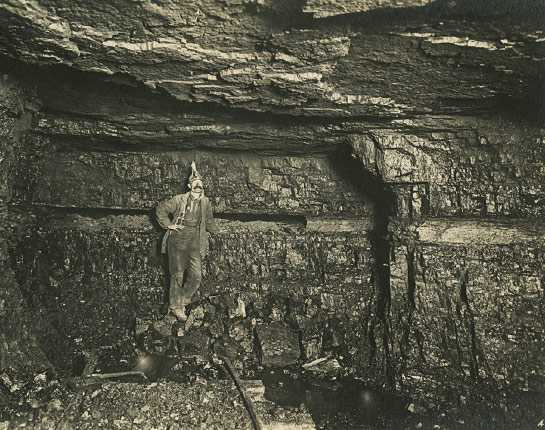
Sam Petsonk has spent his career challenging injustices in the courts and the legislature, and has won game-changing results for countless workers across West Virginia and Appalachia.
